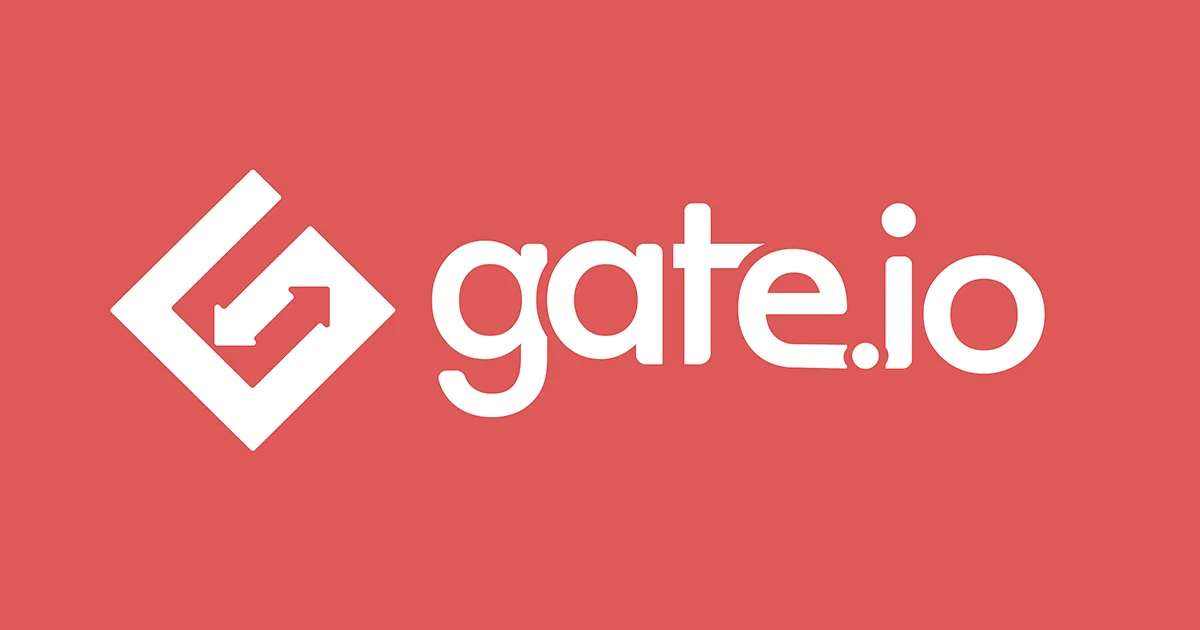Crypto Exchange Gateio Halts Services in Japan to Comply with Local Regulations
23.07.2024 10:00 1 min. read Alexander Stefanov
Gateio has announced it will halt all operations in Japan, effective immediately, including new account registrations for Japanese residents.
This decision aligns with a legal compliance initiative aimed at guiding users towards crypto platforms that meet Japanese regulations.
Gateio has long attracted Japanese traders with its high leverage options, reportedly over 100 times, and a zero-cut system that protected users from debt due to market volatility. However, Gateio lacked the necessary license from Japan’s Financial Services Agency (FSA), which oversees legal crypto operations in the country.

Despite operating without FSA approval, Gateio continued to serve Japanese users, as there were no explicit laws preventing residents from using foreign exchanges. This left users vulnerable, trading without FSA oversight, which mandates a leverage cap of 25 times.
To avoid direct conflict with the FSA, Gateio didn’t market directly to Japanese traders but provided a Japanese-language website. Unlike other major exchanges such as Binance and Coinbase, which faced regulatory warnings and exited Japan, Gateio did not establish a local entity in the country.
-
1
UK Regulators Unveil PISCES – A New Era for Private Share Trading
11.06.2025 15:00 2 min. read -
2
Polygon Breaks from Decentralization as Sandeep Nailwal Assumes Full Control
11.06.2025 20:00 2 min. read -
3
KuCoin Plants Its Flag in Bangkok With a Licensed Thai Exchange
14.06.2025 13:00 1 min. read -
4
Nvidia CEO Urges UK to Invest in AI Infrastructure or Risk Falling Behind
10.06.2025 9:00 1 min. read -
5
Why Gold Could Be the Smart Play Amidst US Debt Surge
11.06.2025 11:00 1 min. read
What Brian Armstrong’s New Stats Reveal About Institutional Crypto Growth
Coinbase CEO Brian Armstrong has spotlighted a significant acceleration in institutional crypto adoption, driven largely by the surging popularity of exchange-traded funds and increased use of Coinbase Prime among major corporations.
What Will Happen With the Stock Market if Trump Reshapes the Fed?
Jefferies chief market strategist David Zervos believes an upcoming power shift at the Federal Reserve could benefit U.S. equity markets.
U.S. Bank Advises Clients to Drop These Cryptocurrencies
Anchorage Digital, a federally chartered crypto custody bank, is urging its institutional clients to move away from major stablecoins like USDC, Agora USD (AUSD), and Usual USD (USD0), recommending instead a shift to the Global Dollar (USDG) — a stablecoin issued by Paxos and backed by a consortium that includes Anchorage itself.
Vitalik Buterin Warns Digital ID Projects Could End Pseudonymity
Ethereum co-founder Vitalik Buterin has voiced concerns over the rise of zero-knowledge (ZK) digital identity projects, specifically warning that systems like World — formerly Worldcoin and backed by OpenAI’s Sam Altman — could undermine pseudonymity in the digital world.
-
1
UK Regulators Unveil PISCES – A New Era for Private Share Trading
11.06.2025 15:00 2 min. read -
2
Polygon Breaks from Decentralization as Sandeep Nailwal Assumes Full Control
11.06.2025 20:00 2 min. read -
3
KuCoin Plants Its Flag in Bangkok With a Licensed Thai Exchange
14.06.2025 13:00 1 min. read -
4
Nvidia CEO Urges UK to Invest in AI Infrastructure or Risk Falling Behind
10.06.2025 9:00 1 min. read -
5
Why Gold Could Be the Smart Play Amidst US Debt Surge
11.06.2025 11:00 1 min. read


